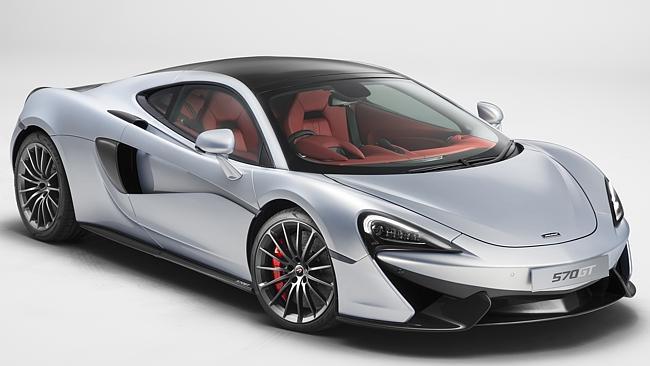SUVs vie with supercars in Geneva as driverless cars inevitable
While waiting for driverless cars to arrive, European carmakers are focusing on tried-and-tested sales winners.

While waiting for the much-discussed future of driverless cars to arrive, European carmakers are focusing on tried-and-tested sales winners at this year’s Geneva International Auto Show — rolling out the small SUVs that are increasingly replacing hatchbacks on the road.
Long after it has ceased to be an innovation, the small sport utility vehicle category is drawing carmakers because it is seen as the best chance to continue to increase sales and keep development costs down.
Europe’s car industry finally bounced back strongly last year after the eurozone debt crisis that started in 2009. Sales increased 9.3 per cent to 13.7 million vehicles in the European Union countries last year and have risen for 29 straight months.
Meanwhile, the shadow of Apple and Google hangs over the industry, as people wonder when, if and how non-industry players will compete with incumbents. There will be plenty of discussions about internet-connected cars, car-sharing apps such as GM’s Maven, and self-driving cars.
Until those driverless cars arrive, the metal on display in Geneva still represents the model of people buying cars and driving them themselves.
Volkswagen AG’s luxury brand Audi offers a tiny SUV, the Q2, which is aimed at attracting younger buyers. Audi is the first of the high-priced German carmakers — beating Daimler and BMW — to have an SUV this small.
Analyst Tim Urquhart from IHS Automotive said the business rationale is compelling. Volkswagen, like other carmakers, can use engines and transmissions from other models, in this case the Audi A3 compact car, “and get two cars for the price of one”, he said.
But it wouldn’t be a car show without stunning vehicles like Bugatti’s Chiron, the successor to its 415km/h Veyron supercar. Photos show a low-slung sports car with a wraparound windshield and the distinctive oval Bugatti front grille.
McLaren is offering the 570GT, a sleek two-seater that reaches 160km/h in only 3.4 seconds. The company says it aimed to make a car that’s comfortable for weekend trips and long-distance drives.
Auto executives say the industry is on the verge of a transformation powered by the internet, information technology and changing attitudes toward the car.
US manufacturer General Motors is experimenting with a car-sharing program called Maven, in which people reserve cars using an app and then use their phones to unlock and drive the vehicle.
BMW is offering its large 7-Series sedan as a plug-in hybrid, for which it will even come and install a charging station at your house. The vehicle uses technology from the Munich-based company’s all-electric i-series models such as the i3 and the i8, including lightweight materials and battery and charging technology.
Mr Urquhart said higher-price brands were combining efficient technology with high power as a selling point, “so it’s smart performance, and not just out-and-out performance”.
AP


